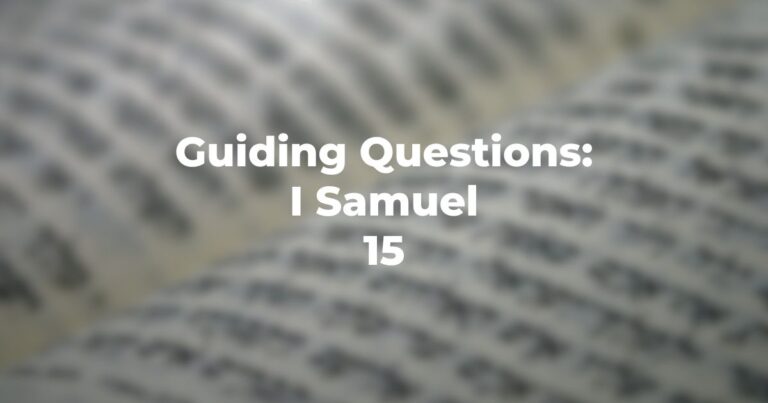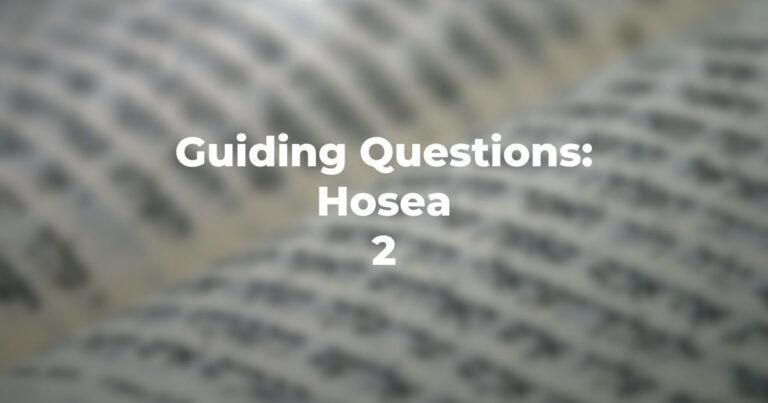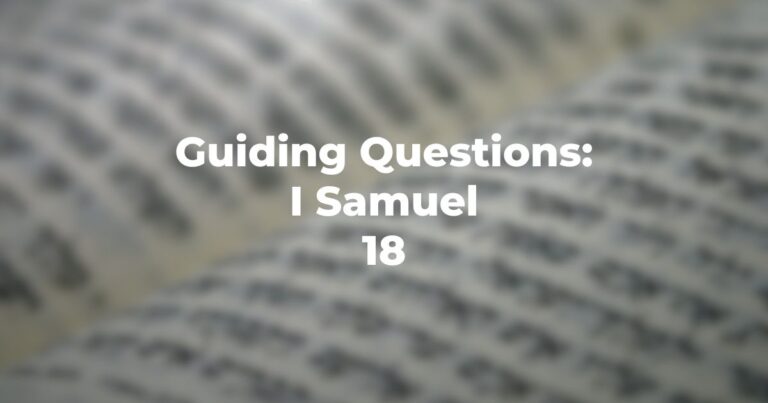Perek Hashalom, The Chapter On Peace, is a brief anthology of Rabbinic Era statements, nearly all of which begin with the grand statement: gadol ha-shalom, “peace is great!”
Peace is great, for even the angels among whom there is no enmity, jealousy, hatred, strife, rivalry, or dissension need the Holy One, blessed be God, to make peace between them; as it is stated, “Dominion and fear are with God; God imposes peace in God’s heights (Job 25:2.)”
Dominion is another name for the angel, Michael and Fear is another name for the angel, Gabriel. One is made of fire and the other is made of water and yet they do not injure one another! [If they’re in need of peace], how much more so are human beings, among whom all these characteristics exist, [in need of peace]!
(Derekh Eretz Zuta, Section on Peace 8)
To understand this passage, let’s look at the proof text from the Book of Job 25:2 in its original setting. In the eyes of the text, Job is a thoroughly righteous man. At the instigation of one of God’s angels, God tests the purity of Job’s motives for being so righteous by destroying his family, his property, and his health. God wants to see if he’ll maintain his faith and his goodness despite being so badly abused.
When Job lashes out bitterly at God for making him suffer, his three friends who have come to ostensibly comfort him, set about to attack him for questioning God’s justice and protesting his own innocence. In one response to Job, his friend Bildad exclaims:
Dominion and Fear are with God;
God imposes peace in God’s heights. (Oseh shalom bi-meromav.) (Job 25:2)
Bildad then launches into a conventional defense of divine justice that denies the ability of human beings, even those as righteous as Job, to ever be justified morally before God.
Many interpreters of the Bible assert that Bildad is referring to God’s endless power to impose peace upon warring camps of angels and other celestial servants. His words are perhaps reflective of an early Near-Eastern myth about warring divine beings being subdued by the one God or at least the one most powerful god in the ancient pantheon.
According to this view, Bildad asserts that God’s power to coerce the heavenly hosts into harmony is, among other divine powers, so immense that people can never expect to come up to God’s greatness.
Puny humankind, steeped in its moral weakness and spiritual disabilities, including its incorrigible violence, has no claim against God, who single-handedly rides herd over the violent chaos of the celestial beings, who are far greater than humans. Where did Job ever get the temerity to call God to account for the violence being done to him and his family?
Our passage, from Perek Hashalom, retains the essential setting of this verse from Job while also turning the meaning of the verse on its head.
God imposes peace and order upon the celestial beings – yet in a very different manner than we saw in Job. The passage turns the two nouns for God’s coercive power in heaven – dominion and fear – into names for two of those beings, the angels Michael and Gabriel.
It asks us to imagine God in heaven with these two celestial characters who lack the human desires and drives that lead us mortals to do horrible things, yet who possess characteristics that are potentially destructive in their own way.
In classic rabbinic fashion, this teaching makes an abstract philosophical point by painting an intriguing and imaginative scene. These angels aren’t fallible, violent humans, but they are made of water and fire, two primal elements that could literally extinguish each other. (Water extinguishes fire and the heat from fire causes water to evaporate.)
Michael and Gabriel leave each other in peace because God separates them in the heavenly realm. These angels don’t fight with each other, because only humans do that. Still, God exercises control over them because their inherent natures – fire and water – are thoroughly irreconcilable and subject to mutual extinction. This rabbinic teaching changes the whole meaning of Job 25:2 yet again.
There, God exercises tremendous control over God’s heavenly beings precisely because they’re at war with each other. What God does in heaven fighting with the angels makes dealing with human endeavors look tiny by comparison. In Perek Hashalom’s retelling, God’s imposition of order and calm over Michael and Gabriel might be hard to do but it’s not that hard: fire goes to one place and water goes to another. The truly difficult work of peace activism for God isn’t in heaven, it’s here on earth among us humans!
Note how this passage uses a rather formal, dry principle of rabbinic legal logic to make this passionate claim about human nature. The principle is called kal va-ĥomer, the “argument from minor to major” (If “x” then how much more so “y”.)
It emphasizes how much more difficult and imperative it is for God to intervene in human affairs for the sake of imposing peace.
The angels lack all propensity for violence, yet they still need God to separate them because they’re made of fire and water. If God must prevent them from destroying each other, then how much more does God need to prevent us – so prone to evil and violence – from doing this. (Perhaps fire and water are also implicit metaphors for human violence which “incinerates and drowns” its victims.)
Humanity’s violent tendencies are not uncontrollable: we choose to be violent. Yet it’s precisely our choices that challenge God’s pursuit of peace on earth even more than in heaven. We don’t need to take any of this angel imagery literally to get the very serious point of this teaching. For all of our freedom and intelligence, we can’t seem to figure out for ourselves entirely how to make real peace.
We need God to help us give peace a real chance -even to the point of “imposing it on us” even more than God does to the angels -precisely because we’re not angels. We need God to give us the inspiration and the vision that can compel us forward in our often tortured quest for genuine peace.
In concrete, practical terms, what is this passage teaching us?
Unlike the angels, we too often live embroiled in conflict and violence which are the results of our enmity, hatred, jealousy, and strife. How wonderful the angelic life might be, devoid of all chaotic and unpredictable emotions and impulses that lead to so much heartache. Yet we know that such a life would be entirely flat, lacking all richness and complexity.
Real human experience includes the struggle with our worst impulses and trying to live up to what Abraham Lincoln called “the better angels of our nature.” This teaching isn’t denying our ability and obligation to create a more peaceful world or counseling us to just wait passively for God to create it for us. It’s asking us to think more carefully about the meaning of the phrase “peace is great!” which opened our passage in Perek Hashalom and how it applies to us.
Gadol, the Hebrew word for “great,” also means “big.” This implies that achieving true peace here on earth is a tremendous task which we can fully accomplish only when we have God pushing us to do so.
Perhaps this is why the prayer/song, Oseh Shalom, whose source is in Job and Perek Hashalom, touches us so powerfully and evocatively. We end with its words, inspiring within us hope:
May God Who imposes peace in God’s heights impose peace upon us, all of Israel and all the world’s inhabitants. (The Siddur: the end of the Amidah, the Full and Mourner’s Kaddish.)
Author
-

Dan Ornstein is the rabbi of Congregation Ohav Shalom, a writer and a teacher living with his family in Albany, New York. He is the author of Cain v Abel: A Jewish Courtroom Drama (Jewish Publication Society, 2020). Check out his website at www.danornstein.com
View all posts






